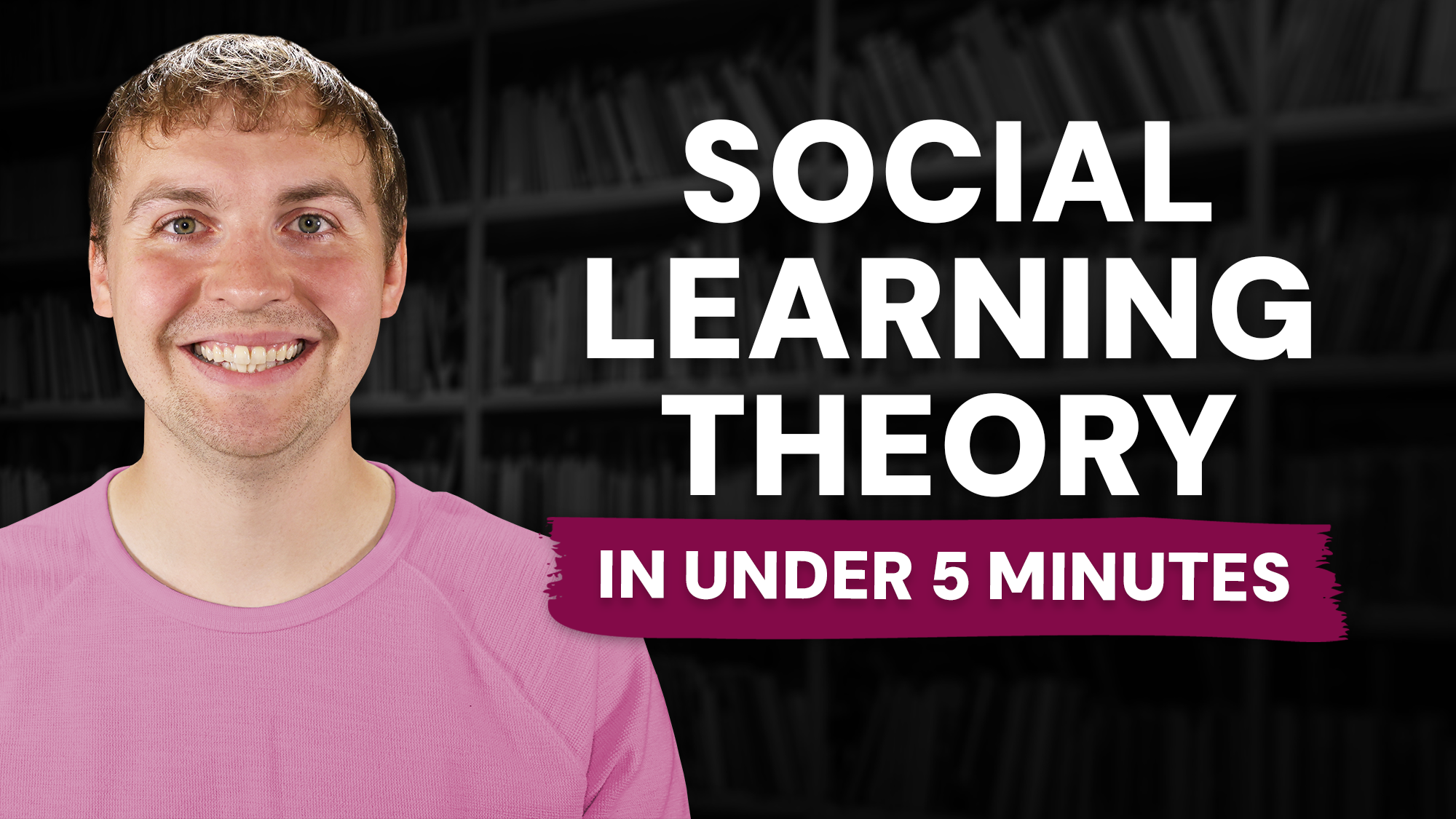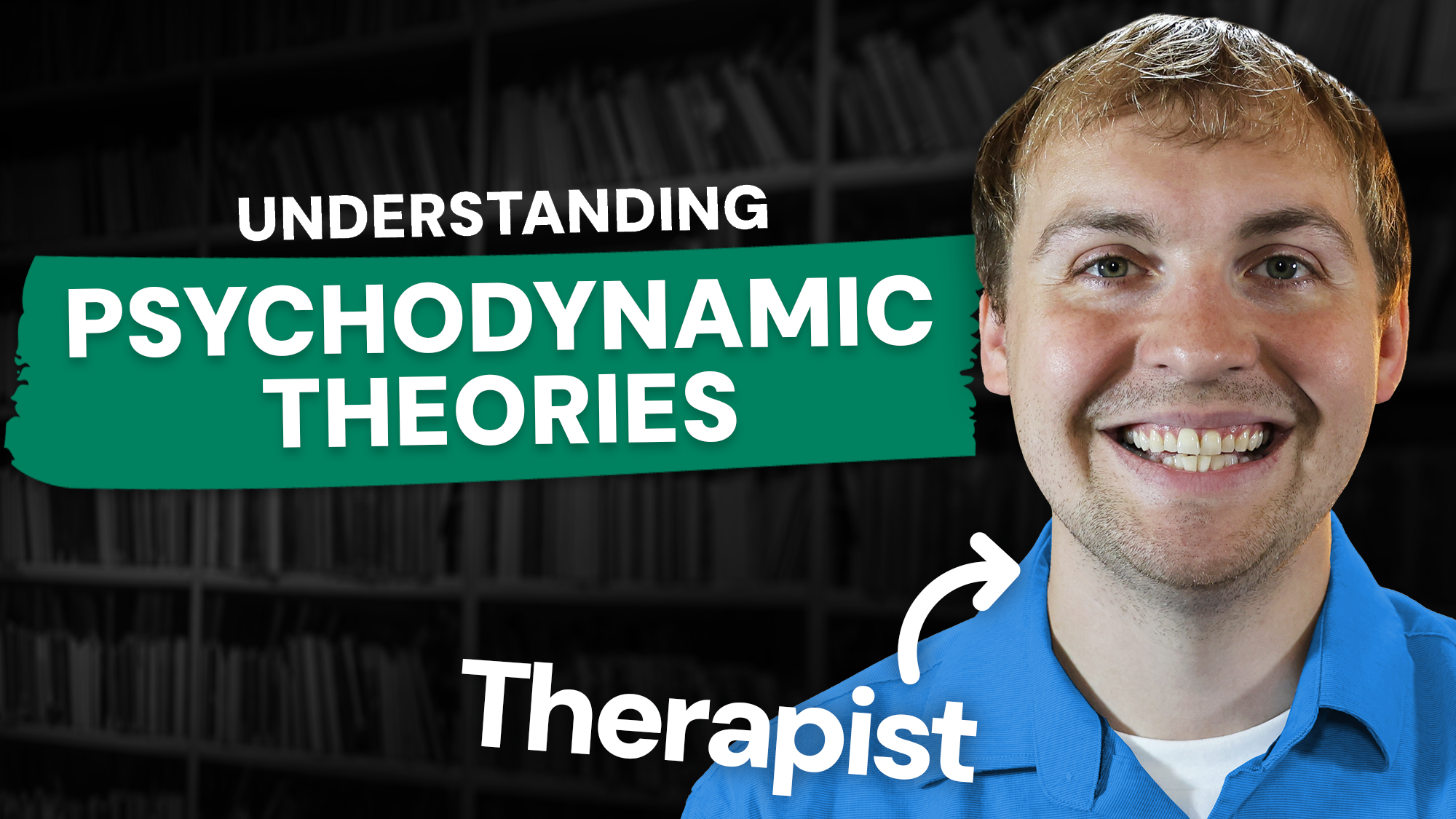
In the category of Advanced Concepts on the National Counselor Examination (NCE), the Counselor Preparation Comprehensive Examination (CPCE), or another counseling exam, such as the National Clinical Mental Health Counseling Examination (NCMHCE) you’ll want to learn about some of the theories that can come up.
Solution-Focused Therapy is an important one to understand as the way they view clients and counseling is different from some of the other major theories of counseling. Specifically, Solution-Focused Therapy places importance on not trying to fix what isn’t broken, and building off of past successes and solutions in life. In other words, they encourage doing more of what’s working.
What inspired Solution-Focused Therapy? Solution-Focused Therapy was inspired by Dr. Milton Erickson who was called to assist a woman who had severe depression, no friends, and rarely left her home. He agreed to one visit with this woman. He found her home in a state beyond what he could have imagined. However, amongst the mess, he found one African Violet flower that was wilting. However, the woman loved this flower. Solution-Focused Therapy was inspired by Dr. Milton Erickson who was called to assist a woman who had severe depression, no friends, and rarely left her home. He agreed to one visit with this woman. He found her home in a state beyond what he could have imagined. However, amongst the mess, he found one African Violet flower that was wilting. However, the woman loved this flower.
What are core beliefs of Solution-Focused Therapy? There are three major principles and ideas that are important to understand with Solution-Focused Therapy. First, if something isn’t broken, we should fix it. Second, they have the belief that clients find solutions to their problems, and may have already solved the current problem in some way. Therefore, they focus on doing more of what already works. Third, they have a core belief that if something isn’t working or doesn’t work, we must do something different.
What is the Continuation Question? A core belief of Solution-Focused Brief Therapy is that a client should do more of what works. Therefore, Solution-Focused therapists may utilize the “continuation question” . With this question, the therapist would ask the client to observe and report back about what they would want to continue to happen in their life. Or they might ask the client what they would want to continue to happen in life.
What is Problem-Free Talk? Solution-Focused therapies do not focus on problems, what needs to be fixed, or what’s going wrong. This includes problem-free talk, where the therapist will focus on discussing what’s going well in the client’s life. The Solution-Focused way is to focus on successes, a client’s strengths, what resources they have, and their abilities.
What is Not-Knowing in Solution-Focused Therapy? The Solution-Focused viewpoint is that most therapists approach therapy as an “all-knowing” being, or hold a position that is “all-knowing”. However, solution-focused therapists take an opposite, “not-knowing” position. Some say that holding this “not-knowing” position is a lifelong task. They feel that being curious and all-knowing can’t exist at the same time. Therefore, the therapist has to learn to suspend judgment in order to be curious.
Does Solution-Focused Therapy consider one’s childhood? With a Solution-Focused approach, the emphasis is placed on looking into the future and being more goal directed. Many therapies that look into the past, such as trying to understand childhood problems, will take a problem-solving approach. Instead, Solution-Focused therapists would help clients with solution building. Their view is that focusing on problems will negatively impact the therapeutic relationship. They also view focusing on a diagnosis as another way of focusing on a problem.
How does Solution-Focused Therapy view change? In Solution-Focused Therapy, they feel that big problems can often have small, simple solutions. They also hold the belief that a small change can then create ripples that will positively impact other areas of life and bring about other changes in life. Not only that, but they believe that looking for the simplest solution is best, and that finding the most direct solution is preferred.



If you or someone you know are needing immediate mental health assistance, please call or text 988, contact a local emergency telephone number, or go to the nearest emergency room.
By interacting with this website and channel, this does not constitute a therapist/client relationship. This content is intended for the purposes of entertainment and mental health education.
View additional disclaimers and notices on our Disclaimers page.